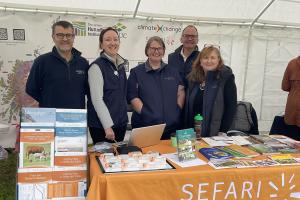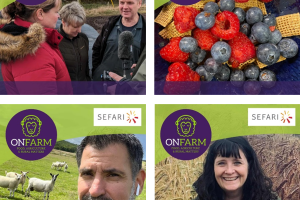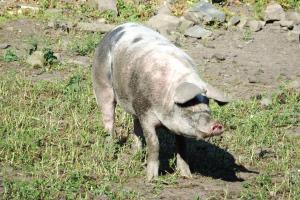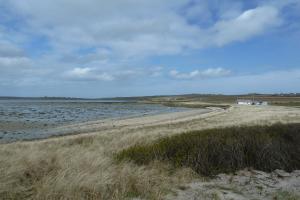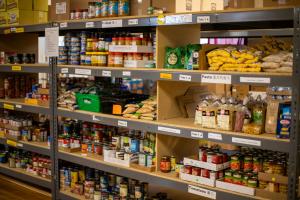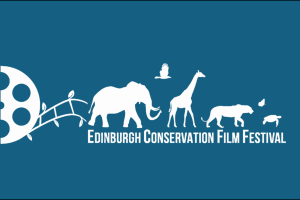During this year’s GO Falkland gathering, in the foothills of the mighty East Lomond Hill on the beautiful Falkland estate, an enthusiastic collective of farmers, growers, artists, scientists and policymakers came together to discuss what Regenerative Farming, Forestry, Land Use and Food means for them. During the event, we shared experiences and insight to collaboratively work towards the shared goals of the sustainable future.
What do hemp, barley, antimicrobial resistance and soft fruits have in common? They are the episode themes for a series of podcasts that SEFARI and SEFARI Gateway has created in partnership with OnFARM. So, if you’re a farmer, grower, food producer or simply interested in the science behind what we eat and where it comes from, then this is the 4-part series for you. Enjoy!
After a winter of unceasing heavy rains, and many farmers struggling to get into the field for spring sowing or to re-sow damaged autumn crops, it’s been a difficult start to the 2024 growing season. Agriculture is already having to cope with climatic shifts, while at the same time trying to reduce its environmental impact, reduce its contributions to further climate change, and still turn a profit.
Luis Loria-Rebolledo, Dwayne Boyers and Verity Watson from the University of Aberdeen’s Health Economics Research Unit were recently awarded a joint SEFARI Gateway and PHS Fellowship.
Collaboration amongst partners in an agri-food supply chain can bring benefits for its members and boost the chain competitiveness. However, often such collaboration needs an incentive to motivate change.
In this blog, Cesar Revoredo-Giha discusses how reducing GHG emissions may provide such an incentive for supply chains to become not only more collaborative but also fairer for agri-food producers.
In December 2022, Mairi Gougeon, (then) Cabinet Secretary for Rural Affairs and Islands and Kate Forbes (then) Cabinet Secretary for Finance and the Economy, committed to apply a rural lens to projects funded under NSET. - The Scottish Government’s National Strategy for Economic Transformation (NSET), which was published earlier the same year.
The UK Government announced on the 14th of May the release of the first annual UK Food Security Index. The purpose of the index is to provide an assessment of the state of UK food security 2023 to 2024, using the latest available evidence and it is designed to complement the three-yearly UK Food Security Report (UKFSR) which is a comprehensive analysis of statistical data relating to UK food security.
Hope, positivity, and optimism were the takeaways from the 2024 Edinburgh Conservation Film Festival, hosted by the Edinburgh Science Festival and supported by SEFARI Gateway.
For the past three years, the festival has invited the submission of short films to shine a light on the work of people, communities, and organisations from all over the world that are working to protect, restore and enhance the biodiversity of our shared planet.
Scotland's 2022 Census shows that Scotland’s population is ageing. With people aged 65 and over outnumbering people aged 15 and under by more than quarter of a million. Numerous physiological changes occur with increasing age which can result in chronic medical conditions and illnesses.
As a result of work commissioned by the Scottish Government funded Strategic Research Programme (SRP) looking at resilient food supply chains, a group of farmers teamed up with Professor Mike Coffey at Scotland’s Rural College (SRUC). Their project will demonstrate the application of large-scale recording and genotyping of dairy cattle to accelerate genetic improvement for traits that lead to better resilience of their farming systems within a net zero context of the future.
